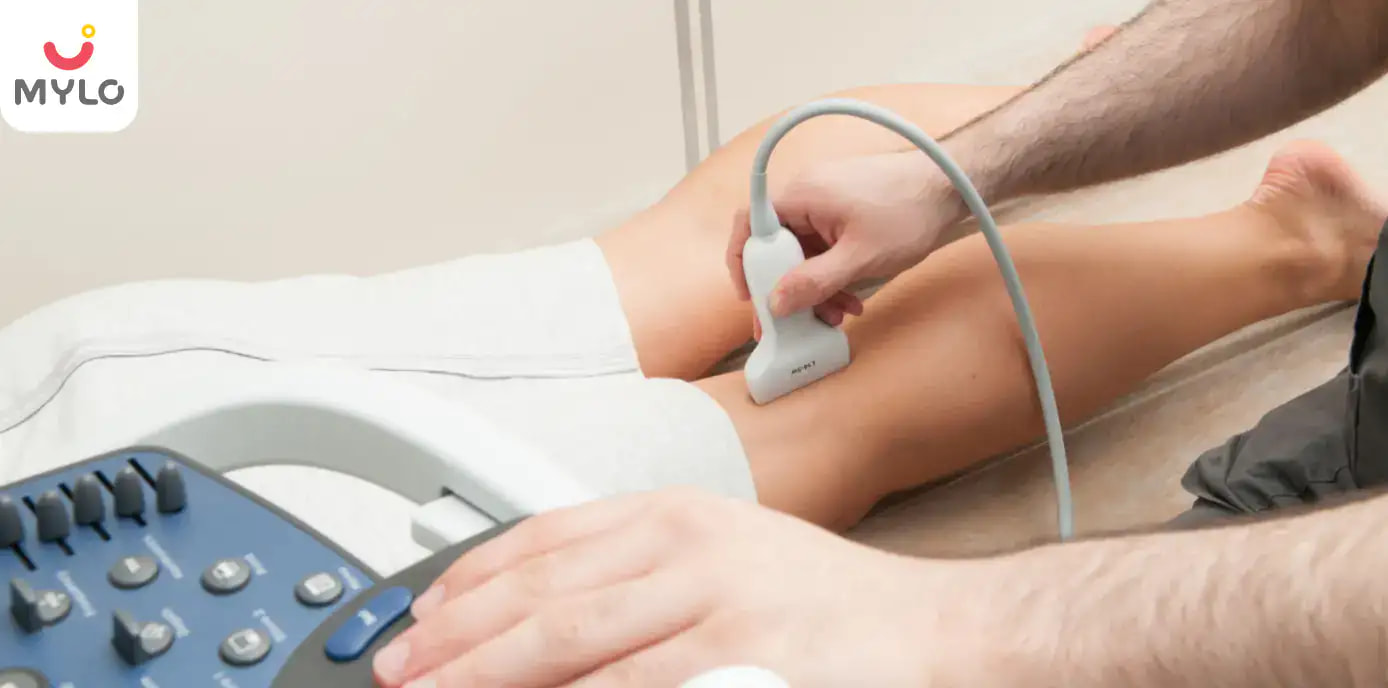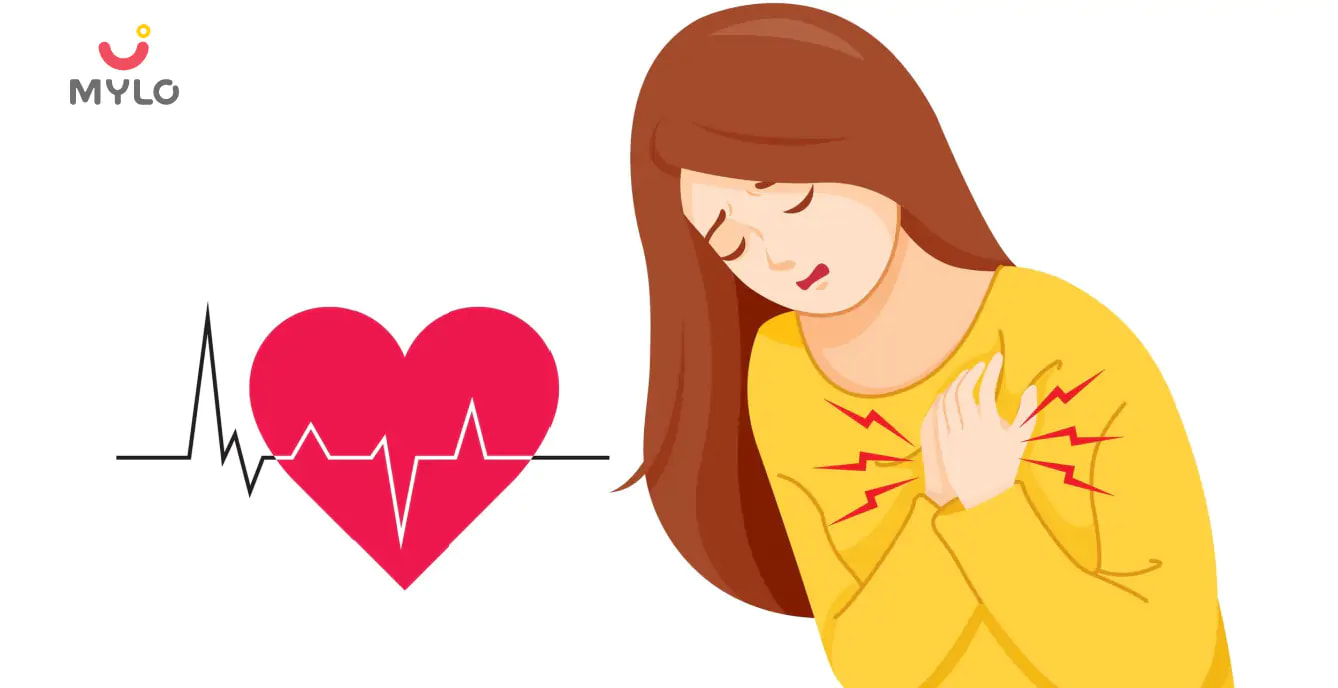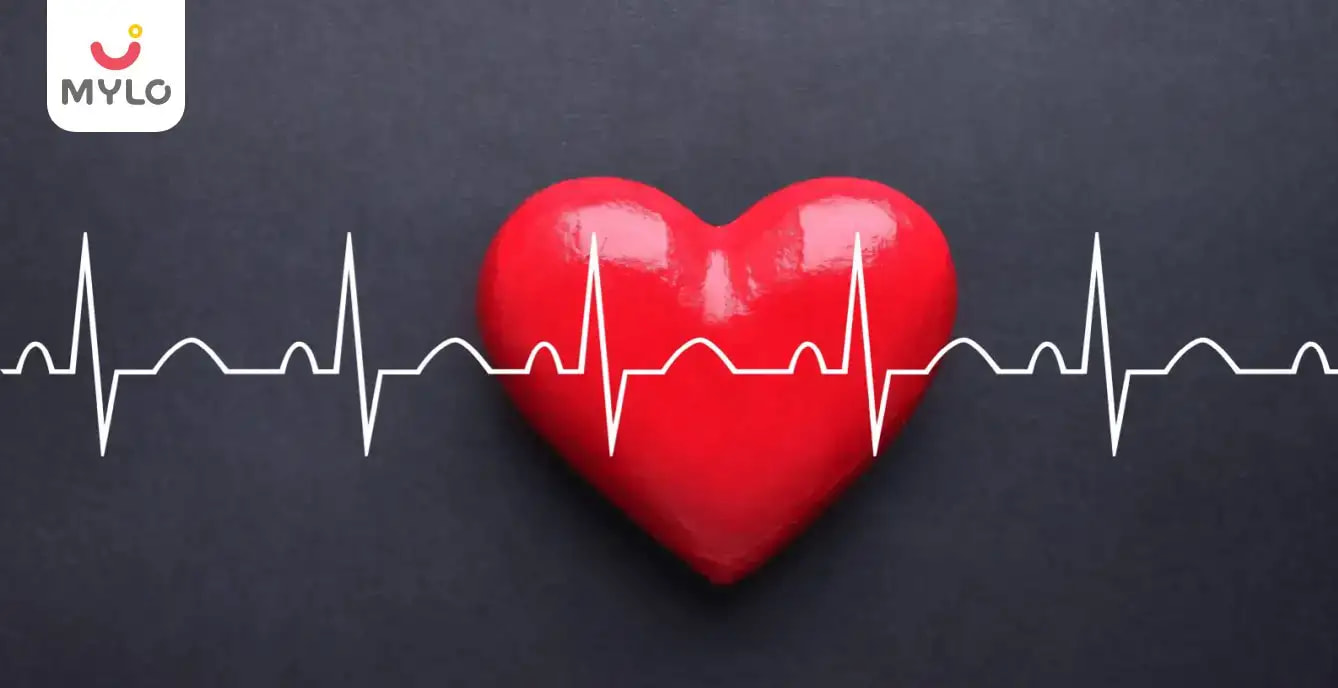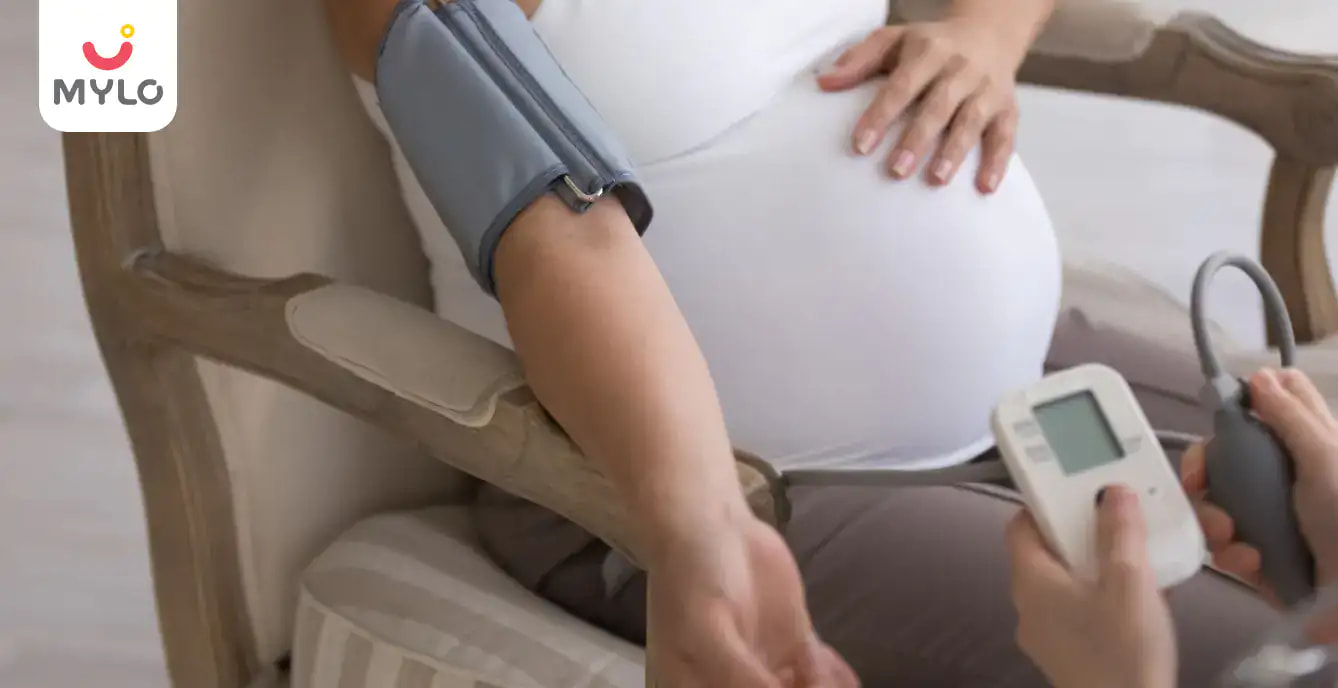Home

Blood Pressure

Hypertension (High Blood Pressure) - Causes, Symptoms & Treatment
In this Article
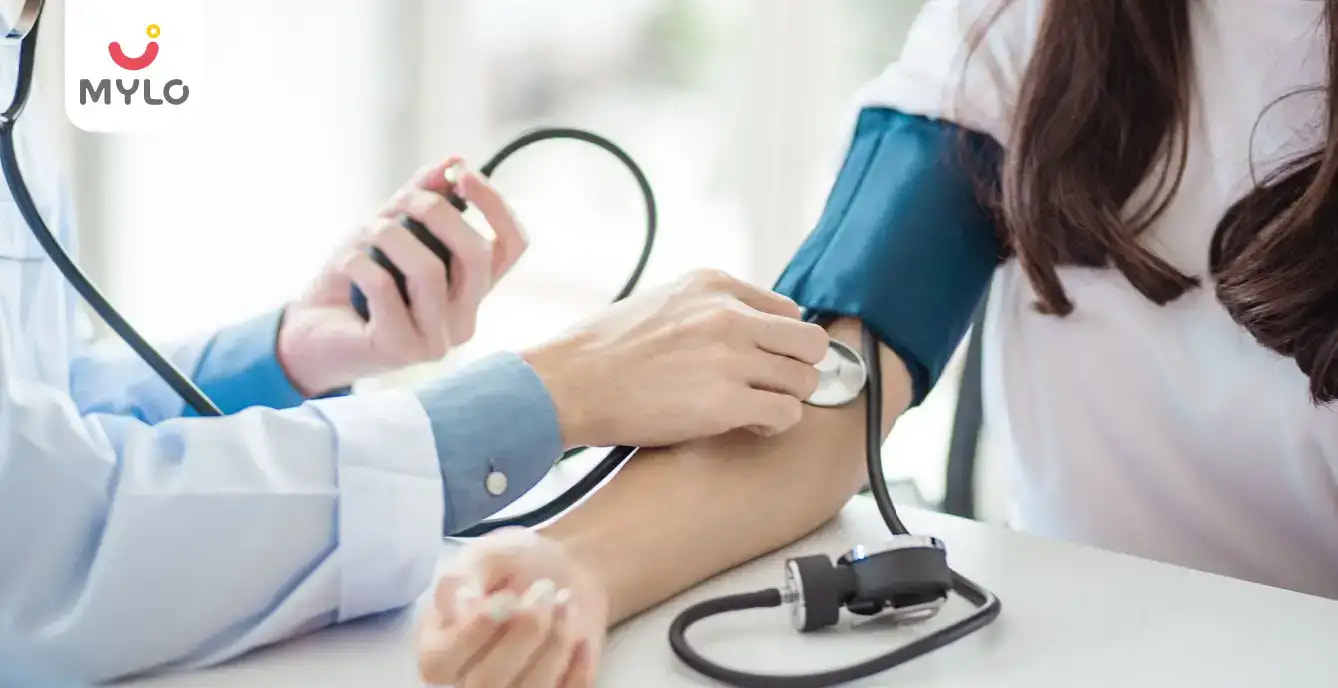
Blood Pressure
Hypertension (High Blood Pressure) - Causes, Symptoms & Treatment
Updated on 3 November 2023
The definition of hypertension, or high blood pressure, is when the long-term force of the blood is high enough to put excessive pressure on artery walls.
What is the meaning of Hypertension?
Blood pressure depends on two factors:
- Amount of blood pumped by the heart.
- Resistance to blood flow in the arteries.
High blood pressure or hypertension is measured based on two parameters:
- Systolic pressure: It measures the pressure on arteries when the heart beats.
- Diastolic pressure: It measures the pressure on arteries between each heartbeat.
Risk Factors of Hypertension
Hypertension has many risk factors, which vary from individual to individual.
1. Age
High BP symptoms are more common in men until age 64, while women above 65 are more prone to develop high blood pressure symptoms.
2. Race
Hypertension is a widespread phenomenon in people of African origin.
3. Family History
Hypertension is primarily genetic.
4. Obesity
Being overweight increases the risk of hypertension.
5. Lack of Physical Activity
Inactive people generally have a higher heart rate, putting them at risk of high blood pressure and hypertension.
6. Tobacco Consumption
Regular smoking contributes to hypertension.
7. High-Sodium Diet
Consuming too much sodium tends to increase blood pressure.
8. Low-Potassium Diet
Potassium balances out sodium, and imbalanced consumption may be one of the causes of sudden high blood pressure.
9. Alcohol Consumption
Individuals who are heavy drinkers tend to develop hypertension.
10. Stress
High-stress levels may also cause a surge in blood pressure.
11. Chronic Health Conditions
Other chronic health conditions like kidney disease or sleep apnea also lead to hypertension.
Hypertension Diagnosis
The treatment of hypertension depends on the diagnosis. A blood pressure reading taken in millimeters of mercury (mm Hg) reflects two numbers—systolic and diastolic pressure. The regular reading is 120/80 mm Hg or a little lower. Diagnosis may take the following forms:
1. Elevated blood pressure or systolic pressure ranging between 120 to 129 mm Hg and diastolic below 80 mm Hg.
2. Stage 1 hypertension is when systolic reading is between 130 to 139 mm Hg and diastolic is between 80 to 89 mm Hg.
3. Stage 2 hypertension is when systolic pressure is above 140 mm Hg and diastolic is above 90 mm Hg.
Causes of Hypertension
Hypertension causes and symptoms may be attributed to a combination of factors.
1. Age
Hypertension is more common as one starts aging owing to loss of flexibility in the blood vessels and other age-related factors.
2. Gender
Hypertension is more common in men until age 65, while women become more prone post 60 years.
3. Race
Latinos and Asians are less prone to hypertension than whites or people of African origin.
4. Kidney Disease
Kidney disease can affect electrolyte and fluid volumes, which, in turn, cause hypertension.
5. Diabetes
Diabetes affects the kidneys, which, in turn, may cause hypertension.
6. Hormone Conditions
Thyroid or adrenaline hormones and their fluctuations may also cause hypertension.
7. Sleep Apnea
Although no clear relationship has been established, sleep apnea may be connected to high BP symptoms.
8. Medications
Corticosteroids or oral contraceptives may cause hypertension.
Signs and Symptoms of Hypertension
The common symptoms of high blood pressure include,
1. Nosebleed
This is caused by severe pressure on the arteries.
2. Breathing Difficulty
A prevalent sign of hypertension, thanks to flared-up blood vessels.
3. Severe Headache
Increased blood pressure may cause pressure on the head muscles.
4. Fatigue
Sometimes, hypertension is accompanied by excess fatigue or even disorientation.
5. Loss of Vision
In severe cases, high blood pressure can lead to vision loss.
6. Bloody Urine
Traces of blood are common while urinating.
7. Irregular Heartbeat
Given the pressure against the arterial walls, heartbeat may fluctuate.
8. Pounding in the Chest
Pounding in the chest, neck, and ears can also happen in hypertension.
You may like: Home remedies to control high blood pressure in pregnancy
Complications of Hypertension
Uncontrolled hypertension may lead to more severe conditions like:
- Stroke
- Heart attack
- Aneurysm
- Heart failure
- Weakened blood vessels in the kidney
- Metabolic syndrome
- Disorientation
- Dementia
Hypertension Treatment
Prevention of hypertension is possible. And if it is diagnosed, then hypertension treatment is also relatively easy.
1. Avoid Gaining Excess Weight
Being overweight or obese and having an excess waistline may elevate blood pressure.
2. Regular Physical Workout
If you are suffering from hypertension, this is mandatory. It can help in the prevention of hypertension as well.
3. Follow A Hypertension Diet
Follow a diet rich in vegetables, fruits, and whole grains.
4. Reduce Sodium
High consumption of sodium contributes to hypertension.
5. Restrict Alcohol Consumption
Alcohol is a killer when it comes to hypertension control.
6. Avoid Smoking
Just like alcohol, smoking is dangerous in many ways.
7. Sleep Well
Getting good sleep helps reduce blood pressure.
8. Reduce Stress
Mental stress adds to hypertension.
9. Monitor your BP
Regularly check your BP at home and with a doctor.
10. Get Help
Seek support wherever possible.
References
Oparil S, Acelajado MC, Bakris GL, Berlowitz DR, Cífková R, Dominiczak AF, Grassi G, Jordan J, Poulter NR, Rodgers A, Whelton PK. (2018). Hypertension. www.ncbi.nlm.nih.gov


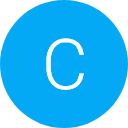
Written by
Charu Pratap
Charu has been a seasoned corporate professional with over a decade of experience in Human Resource Management. She has managed the HR function for start-ups as well as established companies. But aside from her corporate career she was always fond of doing things with a creative streak. She enjoys gardening and writing and is an experienced content expert and linguist. Her own experiences with motherhood and raising a baby made her realize the importance of reliable and fact-based parenting information. She was engaged in creating content for publishing houses, research scholars, corporates as well as for her own blog.
Read MoreGet baby's diet chart, and growth tips

Related Articles
Related Questions
Influenza and boostrix injection kisiko laga hai kya 8 month pregnancy me and q lagta hai ye plz reply me

Hai.... My last period was in feb 24. I tested in 40 th day morning 3:30 .. That is faint line .. I conculed mylo thz app also.... And I asked tha dr wait for 3 to 5 days ... Im also waiting ... Then I test today 4:15 test is sooooo faint ... And I feel in ma body no pregnancy symptoms. What can I do .

Baby kicks KB Marta hai Plz tell mi

PCOD kya hota hai

How to detect pcos

RECENTLY PUBLISHED ARTICLES
our most recent articles

Diet & Nutrition
গর্ভাবস্থায় আলুবোখরা: উপকারিতা ও ঝুঁকি | Prunes During Pregnancy: Benefits & Risks in Bengali

Diet & Nutrition
গর্ভাবস্থায় হিং | ঝুঁকি, সুবিধা এবং অন্যান্য চিকিৎসা | Hing During Pregnancy | Risks, Benefits & Other Treatments in Bengali

Women Specific Issues
স্তনের উপর সাদা দাগ: লক্ষণ, কারণ এবং চিকিৎসা | White Spots on Nipple: Causes, Symptoms, and Treatments in Bengali

Diet & Nutrition
গর্ভাবস্থায় পোহা: উপকারিতা, ধরণ এবং রেসিপি | Poha During Pregnancy: Benefits, Types & Recipes in Bengali

Diet & Nutrition
গর্ভাবস্থায় মাছ: উপকারিতা এবং ঝুঁকি | Fish In Pregnancy: Benefits and Risks in Bengali

Diet & Nutrition
গর্ভাবস্থায় রেড ওয়াইন: পার্শ্ব প্রতিক্রিয়া এবং নির্দেশিকা | Red Wine During Pregnancy: Side Effects & Guidelines in Bengali
- ইনার থাই চ্যাফিং: কারণ, উপসর্গ এবং চিকিৎসা | Inner Thigh Chafing: Causes, Symptoms & Treatment in Bengali
- গর্ভাবস্থায় ব্রাউন রাইস: উপকারিতা ও সতর্কতা | Brown Rice During Pregnancy: Benefits & Precautions in Bengali
- Velamentous Cord Insertion - Precautions, Results & Safety
- Unlock the Secret to Flawless Skin: 7 Must-Have Qualities in a Face Serum
- Unlock the Secret to Radiant Skin: How Vitamin C Serum Can Transform Your Complexion
- Gender No Bar: 10 Reasons Why Everyone Needs a Body Lotion
- Unlock the Secret to Radiant Skin How to Choose the Perfect Body Lotion for Your Skin Type
- Top 10 Reasons to Apply a Body Lotion After Every Bath
- Communication in Toddlers: Milestones & Activities
- How to Improve Vocabulary for Toddlers?
- A Comprehensive Guide to Understanding Placenta Accreta
- Vulvovaginitis in Toddlers Causes, Symptoms and Treatment
- A Comprehensive Guide to Understanding Cerebral Palsy in Children
- Bitter Taste in Mouth During Pregnancy: Understanding the Causes and Remedies


AWARDS AND RECOGNITION

Mylo wins Forbes D2C Disruptor award

Mylo wins The Economic Times Promising Brands 2022
AS SEEN IN

- Mylo Care: Effective and science-backed personal care and wellness solutions for a joyful you.
- Mylo Baby: Science-backed, gentle and effective personal care & hygiene range for your little one.
- Mylo Community: Trusted and empathetic community of 10mn+ parents and experts.
Product Categories
baby carrier | baby soap | baby wipes | stretch marks cream | baby cream | baby shampoo | baby massage oil | baby hair oil | stretch marks oil | baby body wash | baby powder | baby lotion | diaper rash cream | newborn diapers | teether | baby kajal | baby diapers | cloth diapers |



